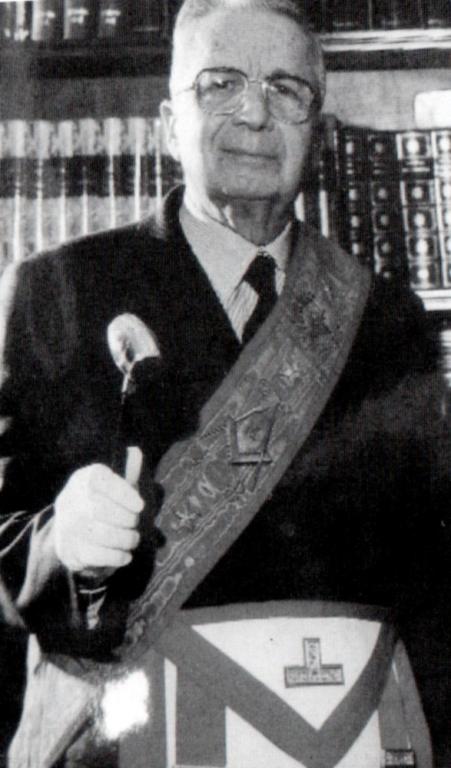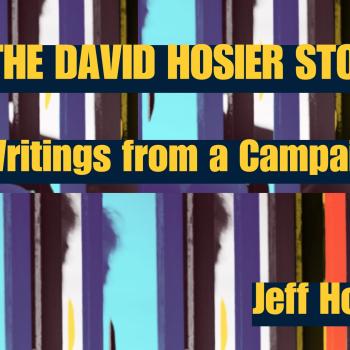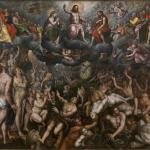
Source: Wikimedia
Public Domain
For the last couple months, I have been reading Peter Weiss’ Aesthetics of Resistance (1971-1981) alongside others with a penchant for self-flagellation. It’s a mammoth, paragraph-less, three-volume novel set in late 30s Germany, populated with long-forgotten Communist intellectuals, featuring excurses on, inter alia, the history of class as expressed through the Pergamon Altar, Stalinist show trials, the realism of Brueghel’s The Fight between Carnival and Lent (1559), and the ever-defeated attempts by the SPD and KPD to form a popular front before the full victory of rising fascism in Germany. And this all in the first 150 pages.
Above all, Weiss’ obsession with the troubled relationship between politics and art shines through. How does art relate to political action and historical progress? Can and does loyalty to a party or tendency dictate the boundaries of artistic expression? What role does art made entirely by slaves or peons have in understanding the trajectory and meaning of history? If we can’t see the broken limbs, the blood pouring from rent flesh, the all-eclipsing brain fog of the lowly artisans responsible for a statue of Hercules, how can we find them? And what does it mean to look?
I couldn’t shake these same thoughts as I recently watched two films by the notorious French-Greek filmmaker Costa-Gavras. In Z (1969) and State of Siege (1972), he takes two real historical events (the “accidental” killing of a Left-wing politician in Greece and the kidnapping and killing of an American USAID employee by revolutionaries in Uruguay) and fictionalizes them. He accomplishes a feat that I at least had never seen before. He manages to make the bare details of conspiracy and legal procedure exciting. His cuts are quick; he switches perspectives almost faster than a Game of Thrones (2011-2019) episode.
Anyone who has ever read a book about a political scandal or even a (dare I say it) conspiracy, knows how difficult it is to keep track of names and affiliations. We might hear “Tea Pot Dome” and think “real estate corruption” or Gladio and come up with “strategy of tension,” but the difficult work of understanding and developing the connections that make such corruption possible are totally elusive, that is, without a cork board or divinely suffused intellect. Costa-Gavras boils these connections down; he makes them available for our apprehension. Most of all—he does so in an engaging way.
This is one victory for art in the realm of politics: making the incomprehensible digestible without sacrificing any essential truths. In a way, this is simply the purpose of rhetoric: to persuade a listener of the validity of one’s case. Cicero speaks; Cataline is now perfidious. Costa-Gavras depicts an assassination; we understand the machinery of governmental and super-governmental corruption. We learn that prosecutors drop cases not because their superiors brashly threaten them but because they hear vague whispers of potential career consequences. You wouldn’t want to make the country look bad, right? Similarly, we see that counter-protestors might be true believers. They might also, however, be poor folks trying to get along, apolitical or barely politicized peddlers at the edges of society—those in need of a paycheck. The government can, they know, cover car payments. What’s a little violence then?
At the same time, I cannot imagine Z or State of Siege convincing a non-believer of its verity. Certainly not today. Without the knowledge that made it so moving for me, could someone appreciate it, be moved by it as more than a regular, ole thriller?
I don’t have answers. By design, this is a short and inconclusive blog post, a whisper to myself gasped outward at readers. But this question of art and politics, of the utility of each in the face of the other, continues to haunt me. I have a feeling it isn’t going anywhere.

















